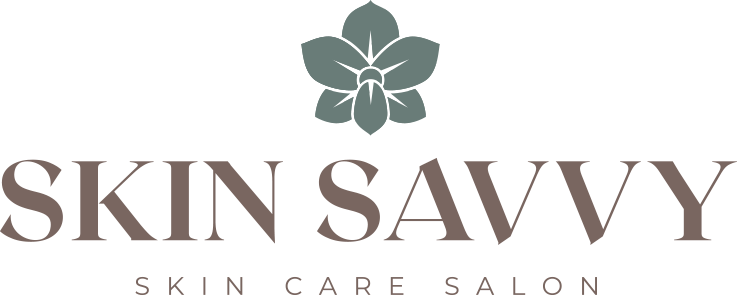Esthetician vs Medical Esthetician vs Master Esthetician: What's the difference?
In a world where skin care titles can be confusing—and sometimes misleading—it’s important to understand the real differences between estheticians, so you know who is truly qualified to care for your skin.
Let’s clear things up.
Esthetician: Your Licensed Skin Expert
A licensed esthetician is a professional trained and certified to perform skin care treatments such as facials, waxing, superficial chemical peels, and more. Each state has its own licensing requirements, but most programs involve hundreds of hours of education in anatomy, skin science, and hands-on treatment techniques.
Estheticians are not allowed to diagnose or treat medical conditions, but they are highly skilled in improving skin health, maintaining results, and helping clients feel confident in their skin. In Massachusetts estheticians are required to take and pass 600 hours of schooling and a state licensing exam. Licenses must be renewed every 2 years. Estheticians must take board certified courses to be able to perform any additional modalities that were not covered in their original school training. Examples of these modalities could be Microneedling, Dermaplaning or Lash Lift services.
Medical Esthetician: A Misleading and Unauthorized Term
The term “medical esthetician” is not a legally recognized title anywhere in the United States even if it’s being used in a Med Spa setting. It’s often used as a marketing tactic in med spas to imply advanced training or medical credibility—but here’s the truth:
This title is not authorized by any state board of cosmetology or esthetics and there is no separate license or credential for it.
Since “medical esthetician” is not a recognized title under state law, using it may violate regulations around false advertising and misrepresentation of scope of practice. Estheticians are not medical professionals and cannot legally perform medical procedures unless they hold a separate, medical license—like an RN, PA, or MD.
If you see someone using the term “medical esthetician,” it’s likely being used for marketing—not because it reflects any actual training or licensure. Even if additional medical licensing has been obtained it is still not legal to use the term “medical esthetician”.
Master Esthetician: A Real License, But Only in Certain States
The title “master esthetician” is real—but it only exists in a small number of states with a tiered licensing system, including:
Washington
Utah
Virginia
Oregon (where it’s called an Advanced Esthetician)
In these states, becoming a master esthetician requires:
A completely separate license from the standard esthetician license
Up to 1,200 or more hours of formal training
Education in advanced modalities such as lymphatic drainage, medium-depth peels, advanced exfoliation, or machine-assisted techniques
Passing a state board exam specific to the master license
Only those who have earned this higher-tier license in a state that offers it can legally use the title “master esthetician.” Using that title in a state where it is not recognized may also be considered false advertising and a violation of state laws.
Why This Matters for You
Titles like “medical esthetician” and “master esthetician” may sound impressive—but unless they’re supported by real, state-issued credentials, they’re often misleading.
At Skin Savvy, we believe in transparency, integrity and doing what’s best for your skin—not your social media feed. Our licensed estheticians are trained, experienced and operate within strict ethical and legal standards. We don’t inflate titles—we deliver results.
Because skin care shouldn’t be about hype. It should be about you.
